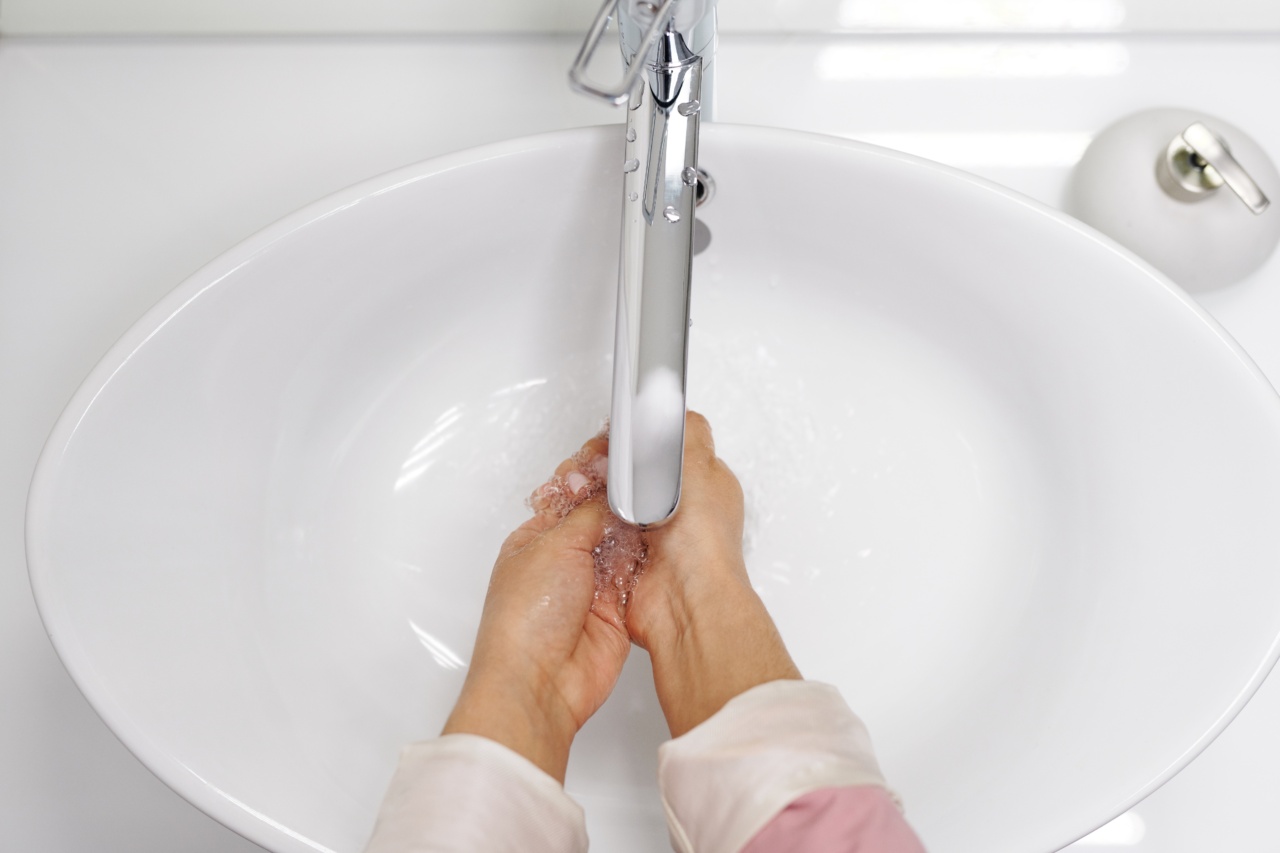Cleanliness and hygiene have always been emphasized for good health. But, is there a thing like ‘too much cleanliness’, and can it be bad for our health? The answer to this question is a little complicated.
In this article, we will explore the relationship between cleanliness and health and try to understand if too much cleanliness is harmful to our health.
Cleanliness and Health
Cleanliness is essential for good health. It helps to prevent the spread of diseases, infections, and germs. Washing hands, taking a shower, and cleaning our surroundings are some of the basic ways to maintain cleanliness.
However, in recent years, there has been a growing concern over whether we are getting ‘too clean’, and whether this could be contributing to the rise in allergies, asthma, and other conditions.
The Hygiene Hypothesis
In the 1980s, a theory known as the ‘hygiene hypothesis’ was developed. This hypothesis suggests that exposure to infections and certain types of bacteria and viruses is essential for healthy immune system development.
According to this theory, when we are exposed to germs and other microorganisms, our body develops immunity against them, which helps to protect us against various infections and diseases.
However, this theory doesn’t mean that we should stop maintaining personal hygiene and cleanliness. Neglecting personal cleanliness can lead to the spread of infections and diseases.
Therefore, it is essential to strike a balance between cleanliness and hygiene and exposing ourselves to some level of bacteria and germs.
The Risks of Over-Cleaning
Over-cleaning can be harmful in various ways, such as:.
Damaging the Skin Barrier
Excessive cleaning and the overuse of soap and disinfectants can damage the skin barrier, which could make us more susceptible to infections.
The skin acts as a barrier between the outside environment and our internal organs and is the first line of defense against infections and diseases. Damaging the skin barrier can allow harmful microorganisms to penetrate, leading to infections and other skin conditions such as eczema and dermatitis.
Weakening the Immune System
Some studies suggest that over-cleaning and reducing exposure to bacteria and viruses can weaken the immune system and increase the risk of allergies and auto-immune diseases.
While this is still a topic of debate among the scientific community, some researchers believe that our immune system needs to be exposed to some level of germs and bacteria to develop and function properly.
Creating Superbugs
The overuse of antibiotics and disinfectants can lead to the development of antibiotic-resistant bacteria, also known as ‘superbugs’.
These superbugs are resistant to most antibiotics and can cause a variety of infections and diseases, which can be challenging to treat. Therefore, it is essential to use antibiotics and disinfectants responsibly and only when necessary.
The Benefits of Exposing Ourselves to Germs
While maintaining cleanliness and hygiene is essential, exposing ourselves to some level of bacteria and germs can also have benefits, such as:.
Strengthening the Immune System
Exposing ourselves to some level of bacteria and germs can help to strengthen our immune system and protect us against various infections and diseases.
Reducing the Risk of Allergies and Auto-Immune Diseases
Exposure to certain bacteria and viruses can help to regulate the immune system and reduce the risk of allergies and auto-immune diseases such as Multiple Sclerosis, Asthma, etc.
Improving Mental Health
Some studies suggest that exposure to certain types of bacteria can help to improve mental health by reducing anxiety, depression, and stress.
Conclusion
In conclusion, maintaining cleanliness and hygiene is essential for good health. However, over-cleaning and reducing exposure to bacteria and germs can be harmful and may weaken the immune system.
Therefore, it is essential to strike a balance between cleanliness and hygiene, and exposure to bacteria and germs to maintain good health.































